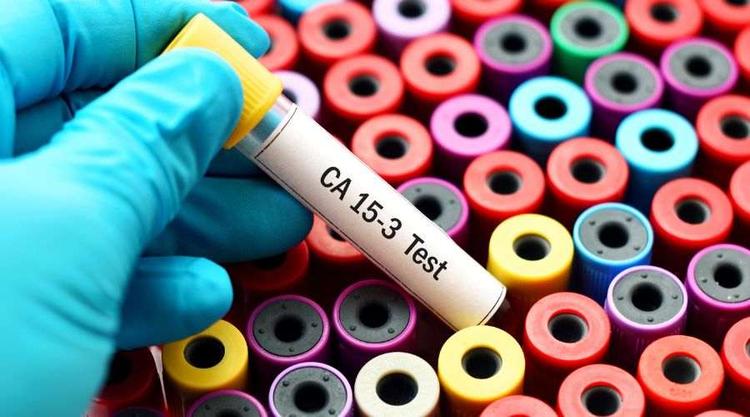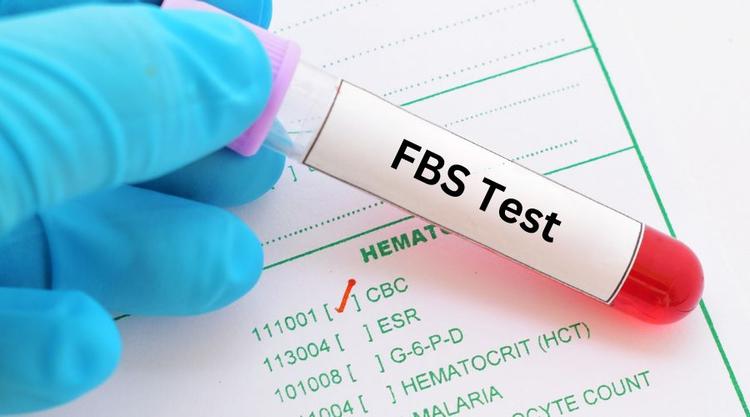Important Tests for Gastric Health You Can’t Afford to Miss

Medically Reviewed By
Dr Sohini Sengupta
Written By Kirti Saxena
on Feb 3, 2024
Last Edit Made By Kirti Saxena
on Mar 18, 2024

7 out of 10 urban Indians experience gut health issues, according to a recent survey of Country Delight and Indian Dietetic Association, Mumbai. Out of these, 60% experience digestive issues every week, while 12% suffer daily. But do you know why this problem is so common and alarming? What causes gastric issues? It might be due to spicy, greasy, or acidic foods, as well as excessive caffeine and alcohol consumption, which can irritate the stomach lining. However, the cause might be infection or side effects of certain medications. Gastric problems can affect the stomach and upper digestive tract. These problems can disrupt normal digestion, leading to uncomfortable and sometimes debilitating symptoms. People experiencing gastric issues may commonly suffer abdominal pain, Nausea and vomiting, indigestion, bloating, diarrhea, and constipation. If you are persistently experiencing the symptoms, consult your doctor; based on your symptoms and medical history, the doctor may recommend some blood tests for Gastric problems. Here in this article, we will explore some essential blood tests to identify gastric issues.
What are the symptoms of Gastric problems?
Here are some of the most common symptoms of gastric problems:
- Bad breath
- Stomach Pain
- Nausea and vomiting
- Abdominal bloating
- Acid Reflux
- Indigestion
- Constipation
- Bloating
- Diarrhea
- Blood in vomit or stool
- Loss of appetite
- Difficulty swallowing
- Sudden weight loss
If you notice these symptoms consistently, don’t ignore them. Take blood tests for gastric problems for early diagnosis of serious underlying conditions.
What causes gastric problems?
There can be various reasons for gastric problems, such as food habits or medical conditions. Here are some common reasons-
Diet
- Spicy, greasy, or acidic foods can cause discomfort and heartburn.
- Excessive consumption of caffeine and alcohol can irritate the stomach and disrupt digestion.
- Intolerances of gluten, lactose, or other food components can trigger digestive issues like diarrhea, bloating, and gas.
Infections
- The H. pylori bacteria can cause inflammation in the stomach lining, leading to gastritis and ulcers.
- Viral or parasitic infections can cause temporary digestive upset and diarrhea.
Medical conditions
- Irritable bowel syndrome (IBS)
- Crohn’s disease and ulcerative colitis
- Gastroesophageal reflux disease (GERD)
- Peptic ulcers and hiatal hernia
Other factors
- Excessive smoking and alcohol consumption
- Lack of physical activity
- Aging
- Stress and anxiety
- Certain medications, such as aspirin, ibuprofen, and some antibiotics

Who is more susceptible to gastric problems?
Gastric problems can affect anyone of any age. But some people are at higher risk-
- Infants and young children
- Older adults
- People who smoke
- People with poor diets and unhealthy lifestyles
- Familial history
- People with autoimmune diseases
- People taking certain medications
The best way to assess your own risk and prevent gastric problems is to maintain a healthy lifestyle, manage stress, eat a balanced diet, consult a doctor, and take tests for gastric issues if you experience any persistent or concerning digestive symptoms.
Essential Blood Tests for Gastric Problems
Here are some essential blood tests to identify the Gastric problems-
- Complete Blood Count (CBC) Test– The test measures the blood components, including RBC, WBCs, and platelets. The low levels of these components indicate anemia, which can be a symptom of blood loss due to ulcers or other digestive issues.
- ESR– The test measures the rate at which the RBC settles and can indicate the risk of inflammation in the body. High ESR suggests inflammation, which can be associated with gastric problems like Crohn’s disease or active ulcers.
- C-Reactive protein– This test is another marker of inflammation in the body. A high CRP level can support the presence of inflammation related to specific gastric issues like gastritis or pancreatitis.
- Helicobacter Pylori (H.pylori) antibody test– The test detects the presence of antibodies to H. pylori, a bacterium linked to gastritis and ulcers. Identifying H. pylori infection is crucial for proper treatment of related gastric problems and reducing the risk of complications.
- Gastrin Test– Measures gastrin levels, a hormone produced by the stomach that stimulates acid production. The high gastrin levels can indicate Zollinger-Ellison syndrome, other stomach tumors, or certain types of anemia.
- Pancreatitis Lipase Test– Measures the lipase level, an enzyme the pancreas produces that helps digest fats.
- A low lipase level can indicate pancreatic insufficiency, sometimes contributing to digestive problems.
- Liver function test (LFT)– The test assesses liver function by measuring various enzymes, proteins, and other substances. The abnormal LFTs indicate liver diseases, which can sometimes cause digestive issues and affect digestion indirectly.
- Kidney function test (KFT)– The test assesses kidney function by measuring levels of various substances like creatinine and urea in the blood. Some digestive disorders can cause chronic vomiting or diarrhea and can lead to dehydration and electrolyte imbalances that affect kidney function.
- Electrolyte Test– The test measures the levels of essential electrolytes like sodium, potassium, and chloride in the blood. Electrolyte imbalances are common in severe vomiting, diarrhea, or malnutrition, which can occur with some gastric problems.
- Nutritional Anaemia Package– The test evaluates various parameters like vitamin B12, iron, and folate related to potential nutritional deficiencies causing anemia. Anemia can be a symptom of some chronic digestive issues like celiac disease or Crohn’s disease.
- Blood Glucose Test– The test measures blood sugar levels to detect diabetes or prediabetes. Uncontrolled diabetes can sometimes affect digestion and cause symptoms like Nausea, vomiting, or gastroparesis. Checking blood sugar helps rule out potential diabetic complications contributing to gastric issues.
- Celiac Profile Test– The test includes parameters like anti-tissue transglutaminase (anti-tTG) and anti-endomysial antibodies (EMA). This detects the antibodies to gluten and evaluates other markers for celiac disease, an autoimmune condition triggered by gluten consumption. Celiac disease can cause chronic digestive problems like diarrhea, bloating, and weight loss.

Takeaway
Persistent gastric issues are more than just an inconvenience. It can be a sign of severe health issues, if ignored, significantly impact your quality of life. This is where the importance of gastric problem tests comes in. These tests help to identify the root cause of problems. Early detection allows for prompt antibiotic treatment, preventing further complications like internal bleeding. Certain tests, like blood tests for celiac disease, can identify food intolerances that, if left unchecked, can lead to long-term health problems like malnutrition and anemia. However, Gastric issues are not just about immediate relief; they are an investment in your well-being. If you are experiencing any concerning gastric symptoms, consult your doctor and take a test for gastric problems from Redcliffe Labs to get an early diagnosis, precise treatment, and, ultimately, a happier, healthier you.



